Write & Lift is an ethos of personal and spiritual development through conscious physical exertion and practice of the writing craft. Through this effort to strengthen our bodies and minds, we become anti-fragile and self-respecting sovereign individuals. Through this effort, we may stand against untruth and evil and create a new culture of vitality, strength, and virtue
Why I Became A Christian (Again)
This year, during the start of Holy Week, my wife and I became catechumens in the Orthodox Christian Church. While our parish Father read his prayers over us, I found myself reflecting on who I'd become, or rather, who I've always been. I've considered writing this for a long time, but it never felt right. Why make this public? Why would you care?
But this isn't “My” story; it's a story of eternal redemption. A soldier's story is but one of millions. So don't think of this as me speaking to you. Rather, imagine the common 21st century man; hollowed out, spiritually defeated, cynical, sarcastic, and nihilistic, remembering something that is etched deep into his bones. Remembering the hands that made him and seeing them in their truth for the first time. This essay will not be some form of apologetic testimony. I aim to convince no one; this is only a story. One that I believe is happening simultaneously in the hearts and souls of thousands while I write this.
The American Church
I remember being twelve years old, sitting reluctantly in the pews of our non-demoninational evangelical church, when I first began to doubt. A jacked ex-con with a Hulk Hogan affectation walked on stage wearing tattered jeans and a white tank top that revealed chicken scratch tattoos covering his arms. He talked about life in prison, defending himself from gangs, eating top ramen mashed together in a bag with grape juice. And in this place of total isolation, he called out to God. While others watched in rapt attention, I counted the clock on the wall. Then, he transitioned to his “act”—the prestige. The pastor's wife walked out and handed him a phone book. He took it in both hands, called on the power of the holy spirit, and ripped it in half. The congregation gave a simultaneous “praise the Lord.” I watched.
The Holy Spirit must have extraordinary grip and forearm strength. I wasn't buying it. But everyone else did? I couldn’t outrun my internal monologue: church isn't cool and this dramatic stage play is bullshit.
At thirteen, I was brought to a park on a Sunday afternoon to be baptized. Besides John 3:16 and a few vague memories of Veggie Tales, I knew next to nothing about the Bible or Christian teaching. Why should I, if it were to turn me into one of the gullible fools that surrounded me every Sunday.
By eighth grade, I'd sworn off God and Christianity and like all hormonally compromised pre-teen boys, I was certain I understood more about the world than the “sheep” who stumbled throughout their days due to blind adherence to “sky daddy.” The early YouTube days gave me a window into different worldviews; “cultured” worldviews. Religion flew planes into buildings. “Science” built them.
By eighteen, my friends and I were staying up till three AM, drinking and smoking weed, talking about the "fabric" of the universe as if we had a clue. We referenced Plato, Foucault, Freud and Jung and Nietzsche. We thought of ourselves as young philosophers, outcasts from the norm, idea-generators in an otherwise soulless, hypocritical, and bankrupt world. My new God was one of continual progress. Humanity was moving in one direction and I was on the right side of history.
Nobody Dies For A Lie
American Protestantism, for all its good intentions, has become something unrecognizable from the church established by Christ and His apostles. We inherited a tradition built around a hodge-podge of reformed, Baptist, and prosperity gospel theology. Long worship services with full bands, raised hands, and lengthy sermons. Pastors who spoke in tongues and cast out demons. Motivational speakers on sparse stages with gargantuan white cloth draped crosses as centerpieces. Communion reduced to grape juice and saltine crackers—once a month.
This was the only Christianity I knew. You accepted the lord, you prayed (whatever that meant), and you sang the worship songs. I never cared enough to doubt, and what little education I absorbed was reductive and unable to answer any serious prying questions. Faith in God and Jesus and faith alone. Nothing mystical or ancient. No knowledge of what the early Christians were subjected to, and no serious theological grounding in practice, daily Christian life, or the study of the faith. Now, I know I’m painting here with a broad brush. Please acknowledge the “some, not all” implicit here. If your non-demoninational Church leans deep into pastritic history and practice then power to you. But the more I learned; the more I studied, the further I realized that American megachurch Christianity was less of a living faith, and more of a public social club intended to provide psychological relief and fraternity more than anything else. There had to be something more to this than “good vibes.”
What was this faith that conquered the Roman world? As a pre-teen, I was told that believing in God and praying to Jesus would bring me good fortune and heal my afflictions. But the lives of the Apostles and other early Christians were replete with suffering, ostracism, and martyrdom. Peter was crucified upside down. James was beheaded. Andrew was crucified on an X-shaped cross. Thomas was run through with spears. These men didn't die for an abstract philosophy or a political movement. They died because they had seen something that changed everything. And nobody dies for a lie they invented.
The apostles had seen the risen Christ. They had touched His wounds. They had watched Him ascend into heaven. These weren't philosophers debating abstractions in the comfort of their parents' basements. These were fishermen and tax collectors who abandoned everything to follow a man they watched die and rise again. The quality of their conviction was their first testimony.
By 2021, I considered myself a Christian without a demonination. My wife and I attended a Catholic church but found its doctrine too legalistic for our taste after further exploration. I watched sermons from popular mainline Protestant apologetics online, attempting in some way to reconnect to the faith of my youth. And then, by chance, my coworker, who lived in Bulgaria, told me to check out an Orthodox Church.
“You mean the stuff that the Russians believe?”
“No man, it’s different than that. It’s the original and unchanged Christian Church.”
After attending my first Divine Liturgy, I knew I’d found home.
Now I am not a theologian, nor do I possess enough historical or theological training to “debate” the Orthodox position with apologetics from other denominations. But what I do know, is that Eastern Orthodoxy has preserved the teachings and structure of the original church for two thousand years. While Western Christianity splintered into thousands of denominations, each claiming to have the correct interpretation of scripture, the Orthodox Church maintained the same faith delivered to the saints. The liturgy I attend today contains prayers written by John Chrysostom in the fourth century. The icons on our walls connect us to the same saints who died for the faith in the Roman colosseum.
When I stepped into an Orthodox church, I stepped into something that existed before America was even a dream. The incense, the chanting, the reverent silence; this is how Christians have worshipped for millennia. Not because it's traditional for tradition’s sake, but because it has been laid down generation after generation from the earliest Christians to today.
The faith I encountered in Orthodoxy wasn’t the neutered, therapeutic Christianity of my youth. It was the faith of the Desert Fathers who fought demons in the wilderness. The faith of emperors and peasants alike who understood that following Christ meant dying to the world and rising in Him. And that living a Christian life requires the re-birth of the soul until ones last breath.
The Death of Nihilism
By my mid-twenties, the energy of late-night teenage philosophical conversations had devolved into smug, cynical, and nihilistic depression monologues. We were all tired but we'd yet to put up a real fight. We were all broke but we'd yet to try and make money. We were all perpetually single yet we'd all dated girls and had relationships. We were all convinced that whatever striving there was to be had in life would ultimately bring us nowhere.
When you adhere to a worldview that sees material reality as a pointless amalgamation of atoms, and see values as fluid human constructs, you start to chip away at your own sanity. When nothing truly matters, there is no real foundation for developing a coherent or meaningful worldview.
I reached a point of complete spiritual and psychological burnout. My years as a creative vagabond had run their course on my body and psyche. I wanted a reason to get out of bed in the morning. I wanted land, a wife, a family, a career that I could both excel at and make good money from. The culmination of the previous seven years had left me broke, resentful, nihilistic, and scratching for an identity.
Then, COVID hysteria and "George Floyd Summer" reached peak madness, collapsing our society into a state of perpetual neurosis and anger. I was out of work and occupied with nothing. So I started to do sprints up and down the hill near my house and read about religion.
When all your friends in their early twenties believe in some sort of "spiritual world"—tarot, witchcraft, astrology, aliens, ghosts—you start to believe that the world outside of the material is imbued with an inescapable darkness. A type of metaphysics of despair and death. An omnipresent whirlwind of ether and matter congealed in a wandering force that clings to the goodness of the living.
When I started to read the Bible in those early days of COVID, I asked myself a question: why is it that I accept these other beliefs willingly, but struggle to acknowledge that one man, both God and human, sacrificed himself for our sins?
The nihilist projects outward. The darkness of the “astral plane” reinforces the meaninglessness of our existence. If something does come after death, it can only be a spirit world, devoid of beauty, grace, or redemption.
As I read the story of Jesus—his life, his ministry, and his eventual death and resurrection—I was overwhelmed by its perfection: the necessity of evil for good, the call to struggle and do good works, the parables that I had to read and re-read to understand the depth of their meaning. This was the first time I'd read the New Testament in its entirety, and it broke me down.
The kingdom of God isn't some distant paradise we hope to reach after death. It's a present reality that breaks into our world every time we choose love of Christ over sin, forgiveness over resentment, truth over comfortable lies. Christ didn't come to make us feel better about our meaningless existence. He came to destroy death itself.
Nihilism dies when you realize that the God who spoke the universe into existence became a man and walked among us. Nihilism dies when the life of Christ is practiced in yourself every day. That He felt every temptation we feel, endured every suffering we endure, and conquered death so that we might live. Not just exist, but truly live with purpose and meaning and eternal significance.
This isn't “My” story. This is the story of every man who has ever felt the hollowness of a world without God and discovered that the hands that made him have been reaching for him all along. The same hands that conquered death and hell.
As always, thanks for reading.
-Joe







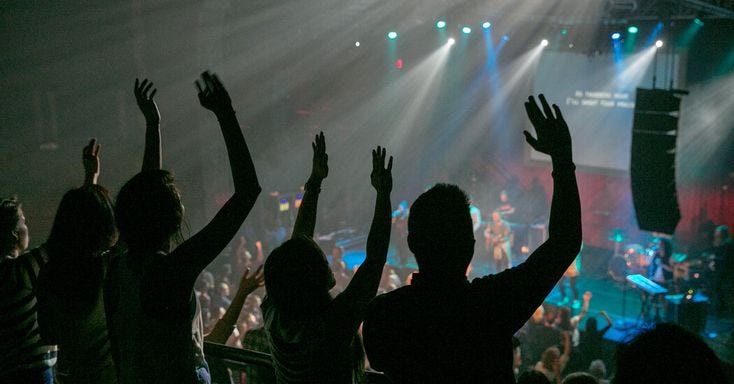

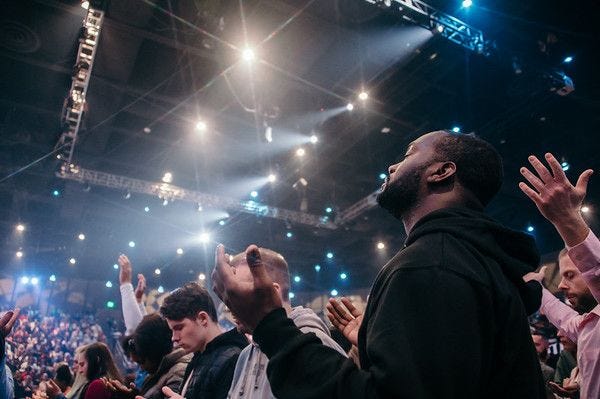
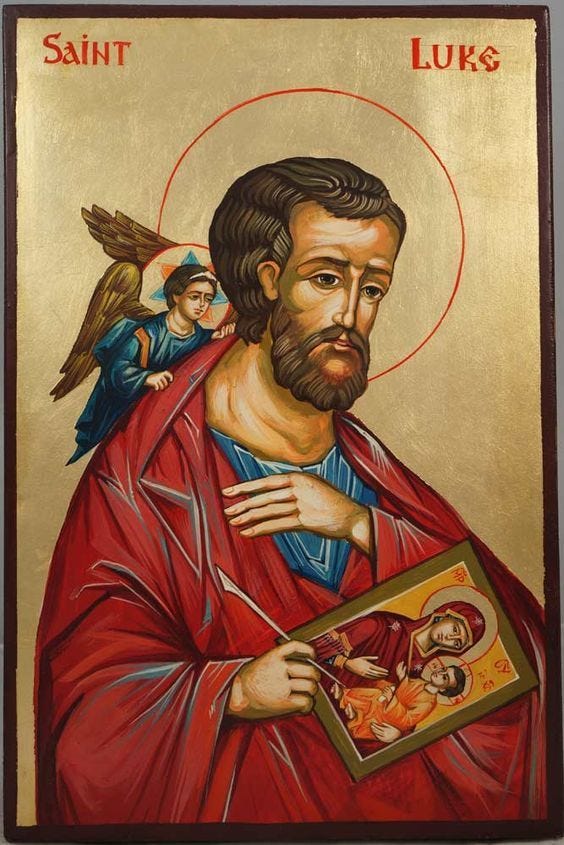
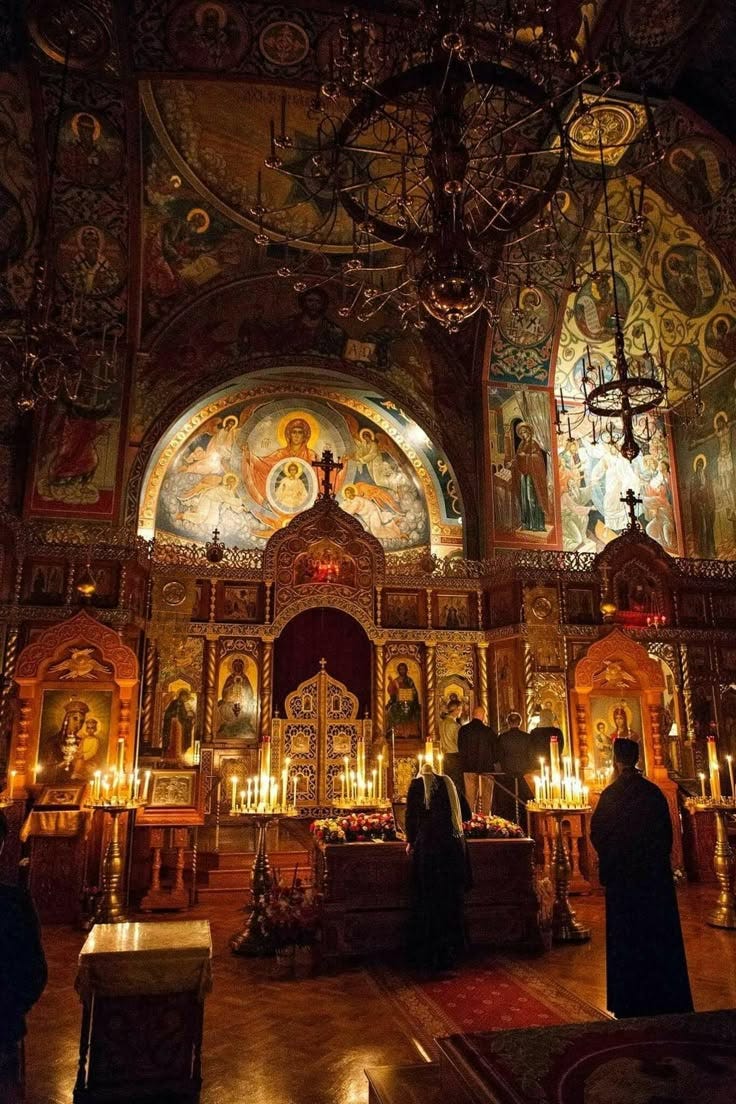
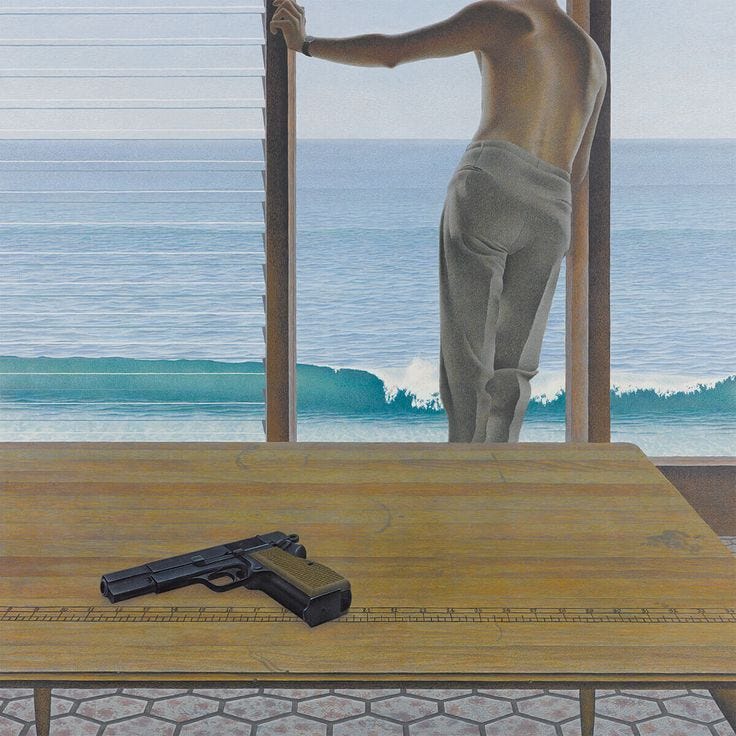
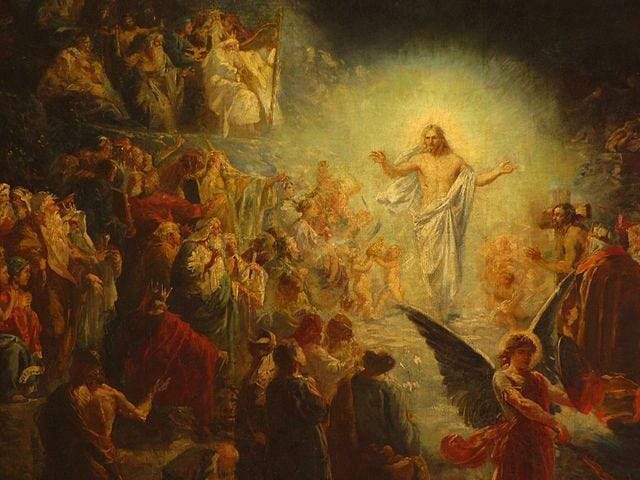

Very rarely do I start a morning binge-reading articles on Substack, but thus far every piece I’ve read from you has hit home. Finding someone who writes well is one thing. Finding someone who really speaks to you is rare. My brother and I have had countless conversations — many of which you’ve wrote about — & we’ve always wondered (not to sound pompous) where are all the modern men who think like us? You never seem to find them in person, but Substack reinforces the idea that they are indeed out there. Joe Gillespie, wherever you are, may the universe grant us more perspectives like yours. I’m Thankful for your spiritual journey too, as it strongly resembles mine. God bless you, and I’m looking forward to reading your future work.
Good work, sir. I am often mesmerized by God's patience with us when I consider all the different denominational jersey wearers representing long-standing opinions, splitting theological hairs, yet all claiming to be the most authentic representation of the Gospel.
As a 12-year-old kid riding in the back of a pickup truck headed to a youth event presented by one of the local churches, the other kids in the truck attempted to sell me on their particular brand of Christianity. I believe there were at least three flavors vying for my subscription. I finally just said, "Why can't we just be Christian? Why does it have to have a brand?"
Thirty-six years later, my position hasn't changed. I believe people mean well, but I just want Jesus.